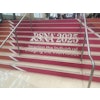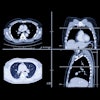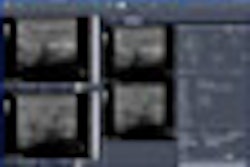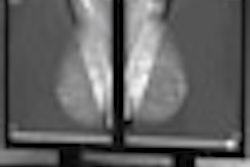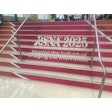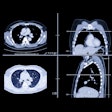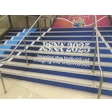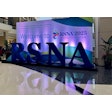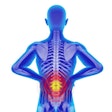In 2008, the field of women's imaging saw the further maturation of much-used and trusted technologies, such as computer-aided detection (CAD) and full-field digital mammography (FFDM). At this year's RSNA meeting, vendors will highlight enhancements to these tried-and-true systems, in addition to showcasing new additions to the women's imaging toolbox, particularly breast MRI.
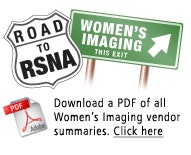
And the economics of FFDM may be changing for the better: In May, the U.S. Food and Drug Administration proposed to reclassify FFDM systems from class III devices, which require premarket approval applications, to class II, which require the less complicated 510(k) process. The changes could eliminate the requirement for vendors to conduct large-scale, multireader, multicase clinical trials prior to submitting clearance applications -- and a less costly clearance protocol could mean lower prices for FFDM equipment.
Since last year's RSNA show, MRI has solidified its niche in breast imaging. According to market research firm Arlington Medical Resources of Malvern, PA, procedure volume for the technology has been taking off, increasing 23% in the first half of this year alone, compared with the same period in 2007.
That figure isn't surprising, because breast MRI seems to offer many benefits, beating mammography and ultrasound in detecting breast cancer in high-risk women, guiding radiation therapy to lymph nodes, and increasing breast conservation when used before surgery. At this year's RSNA meeting, vendors will demonstrate new systems and packages that incorporate breast MRI images with previous exams from other modalities, in addition to displaying new or upgraded dedicated breast MRI units.
As for the cutting edge in women's imaging, RSNA attendees will encounter upcoming technologies at this year's show, such as scintimammography with nuclear gamma cameras and PET systems dedicated to breast imaging. Another new technology is digital breast tomosynthesis, which adapts an FFDM system's gantry head to enable it to move in an arc around the patient's breast, collecting tomographic slices that are then reconstructed into a 3D image.

